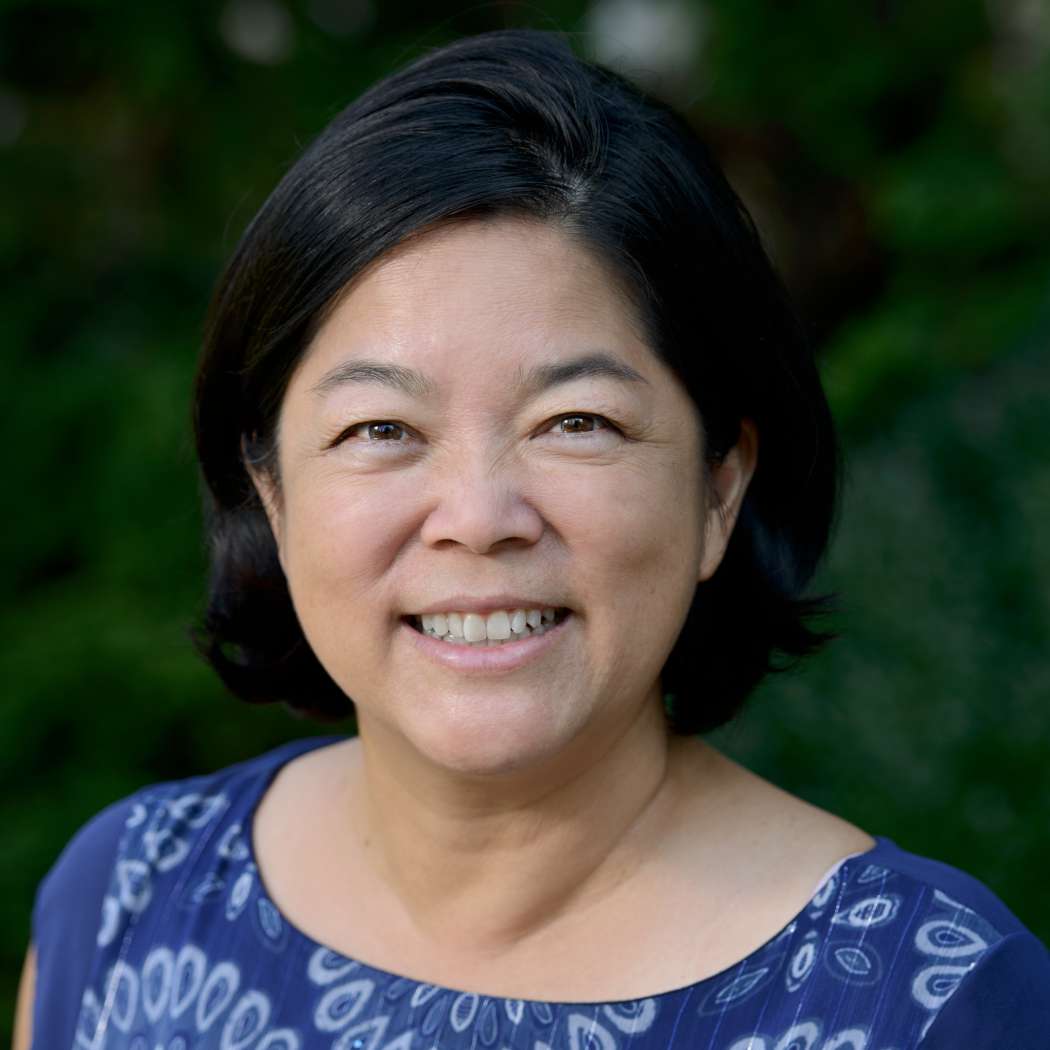Why Standard General’s Proposed Tegna Merger Hurts Our Democracy (Guest Blog)
Hedge funds’ bottom-line mindset leads to less-robust local news operations, Common Cause VP says

The smarter way to stay on top of broadcasting and cable industry. Sign up below
You are now subscribed
Your newsletter sign-up was successful
The key to a strong and healthy democracy is an informed and engaged public. Receiving trustworthy and informative news — especially at the local level — is how we stay engaged.

A 2022 Gallup poll showed Americans have greater trust in local news than national news. That’s because we depend on local coverage to help us navigate issues like school closures, respond to emergency events and make choices about how we want to be governed.
But local news is facing a stiff headwind as it fights to remain viable in an environment where media consolidation is gutting newsrooms across the country. That is why Common Cause is opposed to gigantic hedge funds and investment groups taking over media outlets — because inevitably, they are in it to extract profits.
Right now, the hedge fund Standard General is promising that it will be the exception to the rule if it secures Federal Communications Commission approval to purchase Tegna, a media company with broadcast stations from Seattle to San Antonio. The FCC referred the case to an administrative law judge, which is usually the end of the line for mergers. But when the judge indicated a review of the proposed merger could not be completed in time to meet the financing deadline for the deal, Standard General-Tegna mounted an expensive public relations campaign, promising the world to certain groups to buy their support. When they had a chance to commit to those plans in its filings with the federal government, though, Standard General-Tegna did not present a shred of evidence that the deal would have any benefit to the public.
We have seen what happens when mega-conglomerates buy out companies. They slash jobs and mass-produce content. You can count on more car-chase stories and bear break-in videos.
Strip-mining for profits is what hedge funds do. They buy out companies, fire staff, sell off the profitable pieces and dump the rest.
Take for example The Los Angeles Times, my local paper. In 2007, when Sam Zell’s Equity Group, took control of The Tribune Co. and by extension, the Times, it cost over $8 billion. At the time, the Chicago-based investment group promised it would not cut newsroom jobs. By 2008, after multiple rounds of cuts, it was announced that a further 250 would lose their jobs.
The smarter way to stay on top of broadcasting and cable industry. Sign up below
That all turned around in 2018 when Patrick Soon-Shiong, a Los Angeles-based surgeon and cancer researcher, decided to purchase The Los Angeles Times. Under local ownership, the paper once again invested in local reporters, diversified the newsroom and rebuilt the California Section. Now, I can read about local businesses like Octavia’s Bookshelf working to bring Black authors to Pasadena’s only black-owned bookstore in honor of local author, and store namesake, Octavia Butler.
I can count on the kind of in-depth local reporting that uncovered secret tapes of Los Angeles City Council members scheming behind closed doors over redistricting lines. That coverage ignited a citywide debate over what we want our government to look like — one that may result in fundamental changes to redistricting, how we vote and what we expect of our elected representatives.
That’s the power of journalism that centers the communities they serve.
By contrast, the scorched-earth approach of hedge funds has long-term consequences on our democracy. Without an informed, engaged, and empowered citizenry, we won’t be able to tackle our collective challenges. When the public is uninformed, we have lower civic participation, lower voter turnout and greater political polarization.
When we don’t have a town square for deliberative democracy, people start wandering down dark alleys and political rabbit holes. The void left by local and ethnic media is so easily filled with disinformation.
The rapid decrease in local news should alarm everyone, especially heading into yet another consequential election year. With fewer resources to combat disinformation and hold power accountable, we have to do what we can to protect our local newsrooms.
There’s a reason that freedom of speech and the right to a free press are in the very First Amendment. Without a trusted platform for local voices, communities lose the ability to watchdog local government, hold leaders accountable, advocate for themselves, and bring awareness to issues that could never be adequately covered by a national outlet. Cities and communities lose the power of storytelling and collective problem-solving.
Quality local journalism is a public good. It’s right that the FCC takes its time to evaluate whether to approve another media consolidation. When it comes to our democracy, we can’t afford to sell it to the highest bidder.
Kathay Feng is VP of programs at Common Cause, a nonpartisan grassroots organization dedicated to advancing democracy reform at every level of government.
